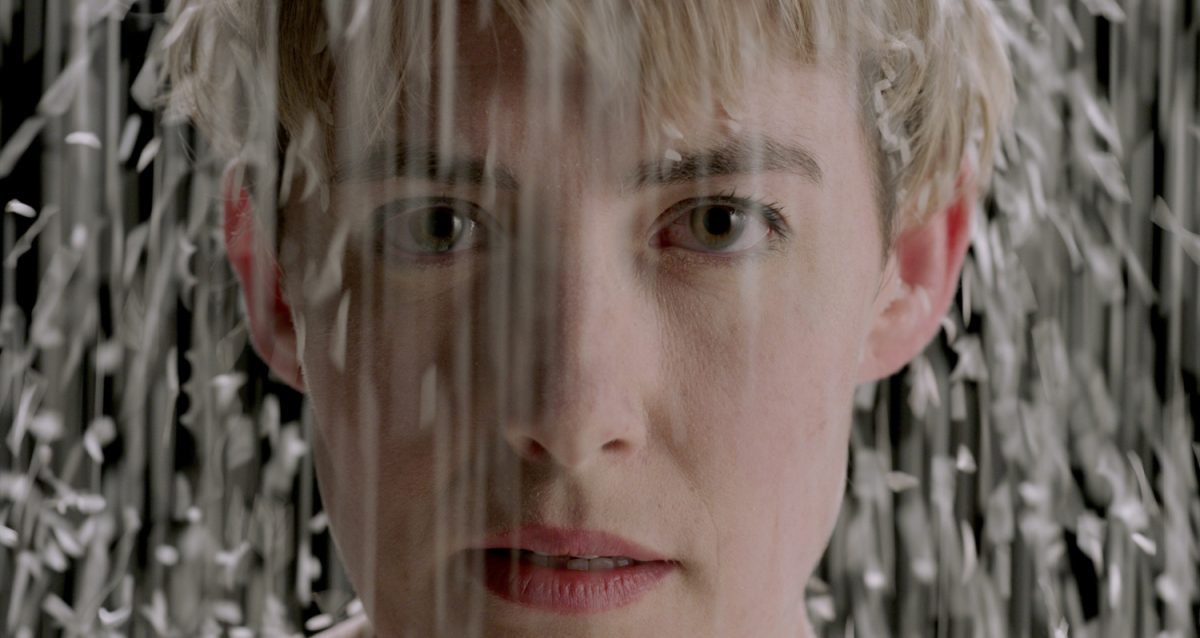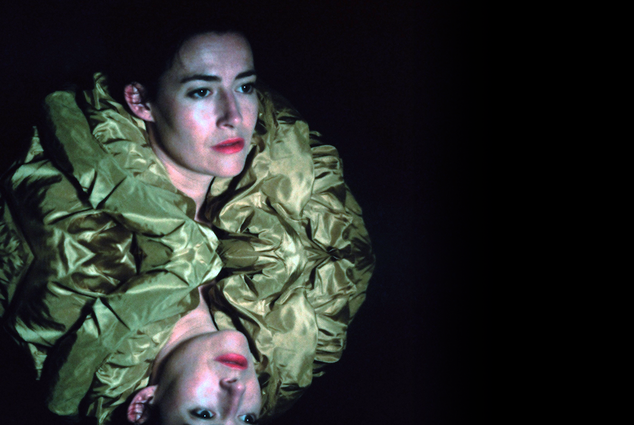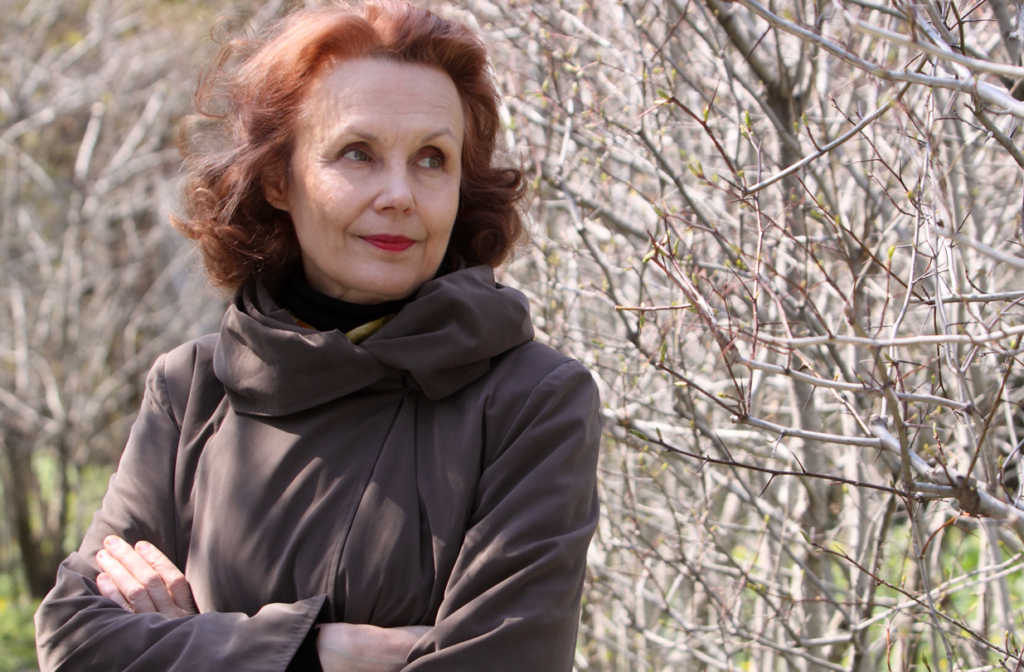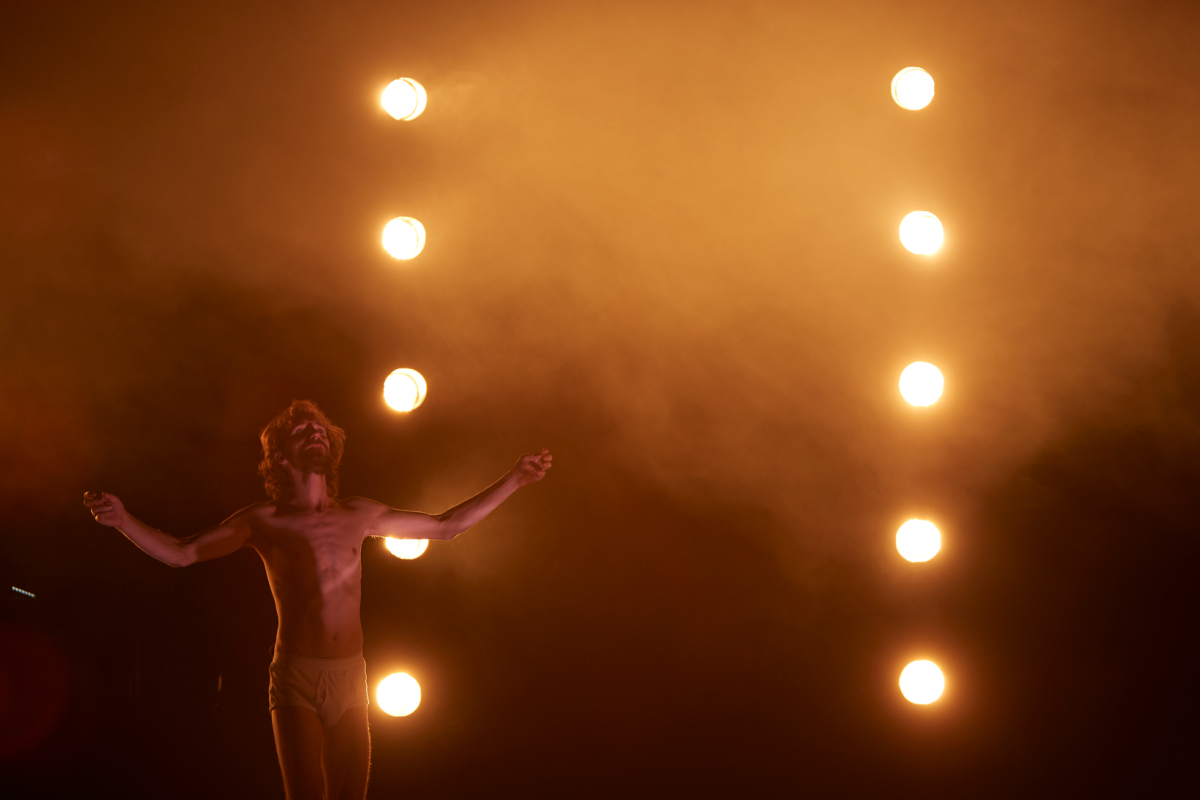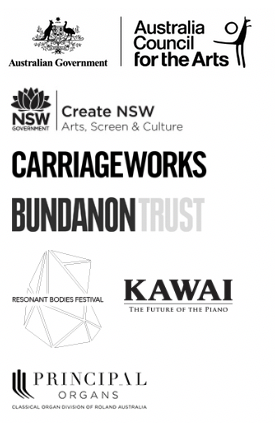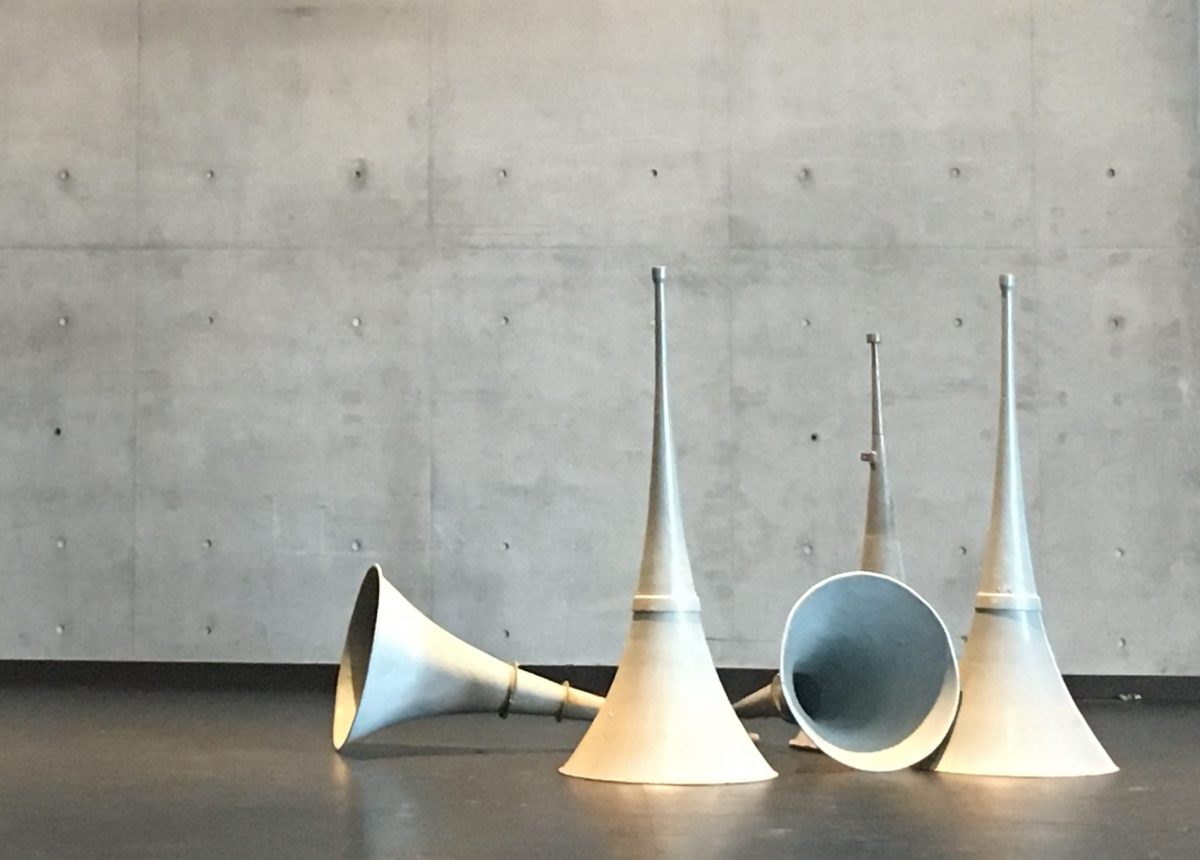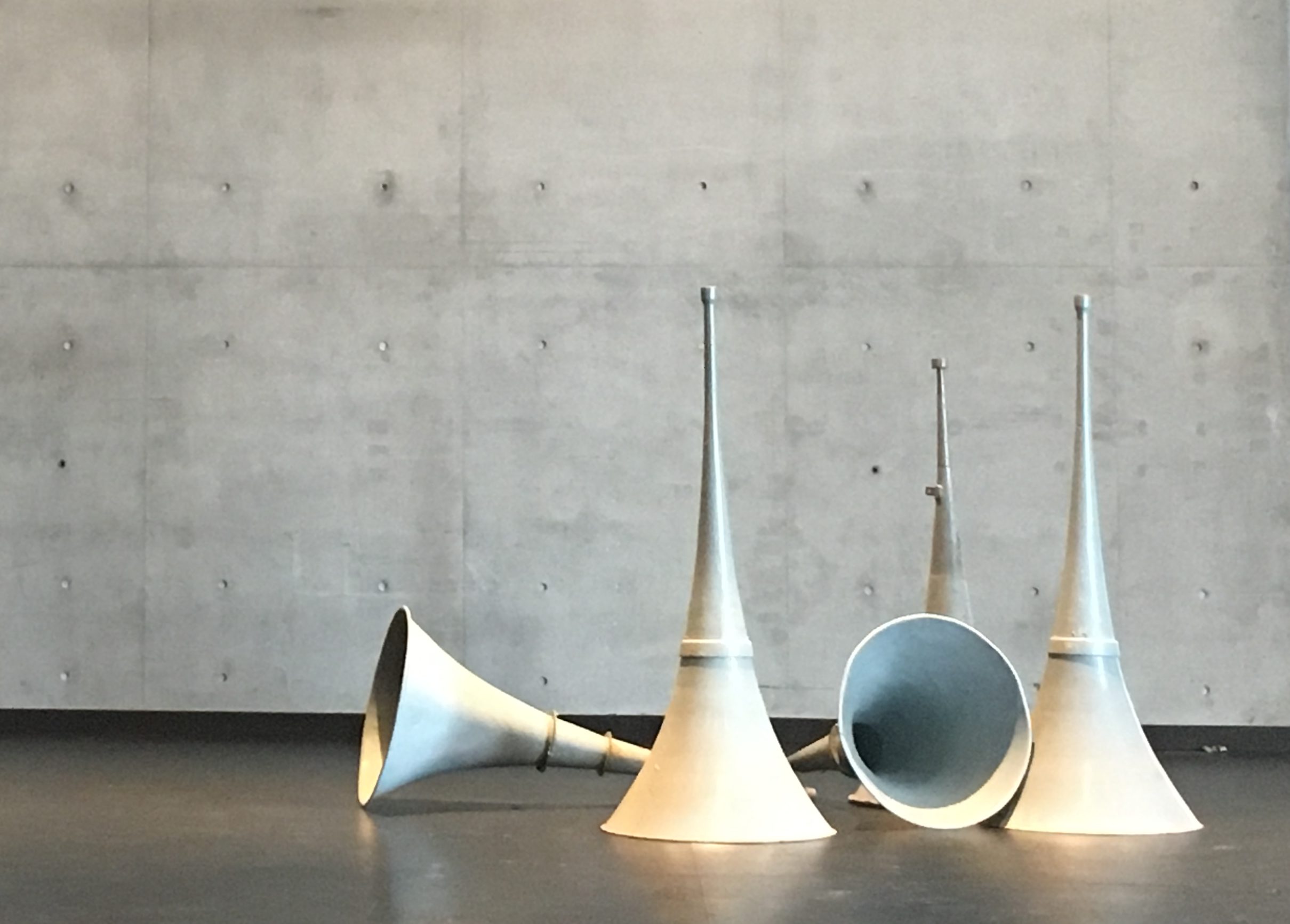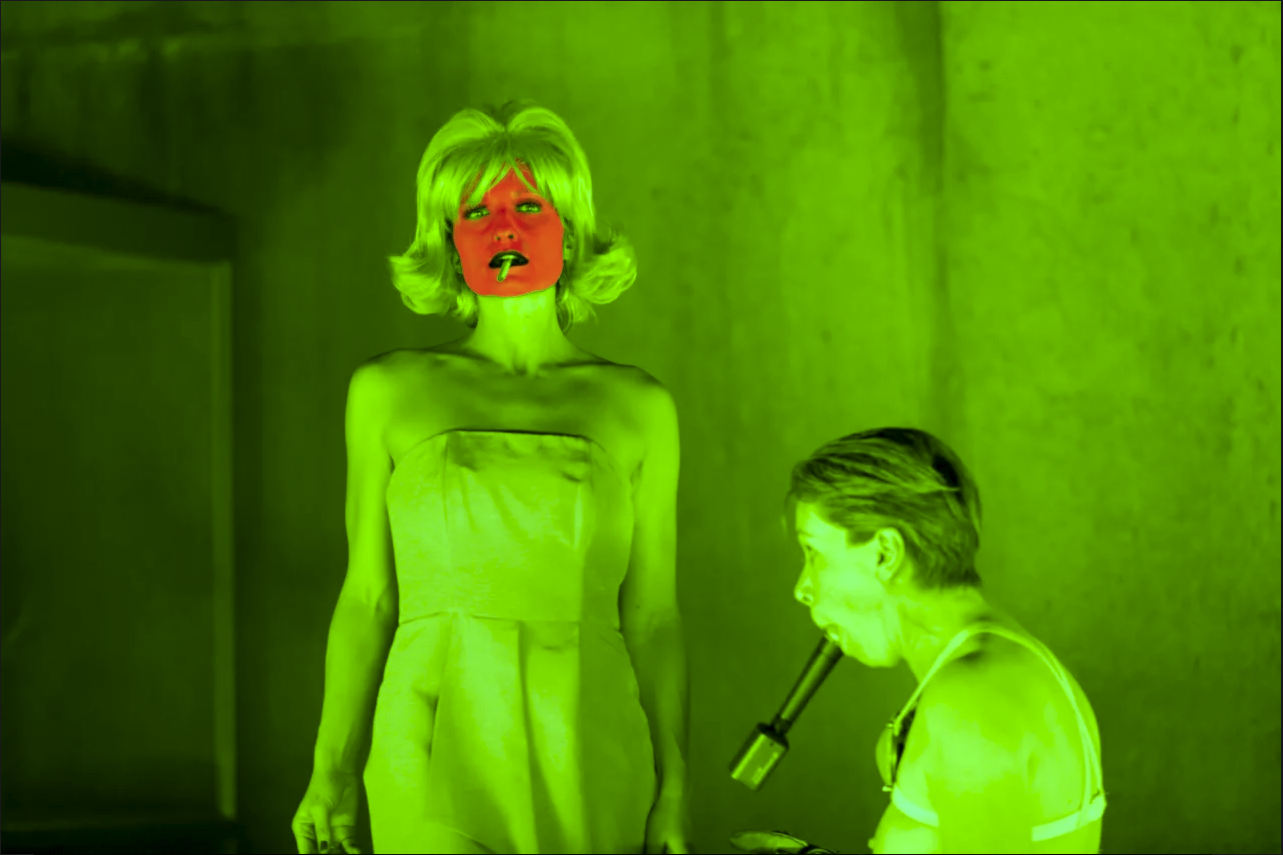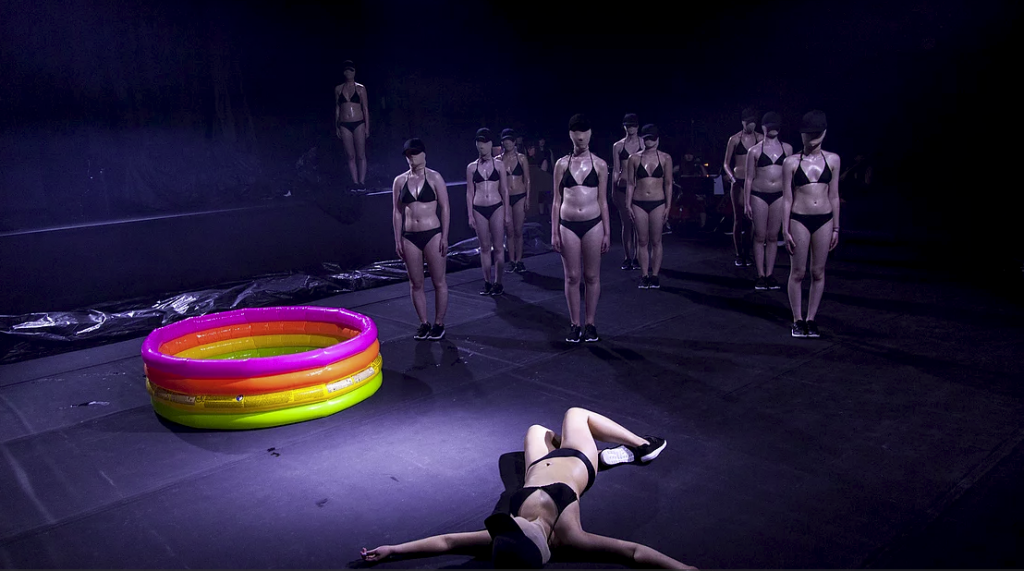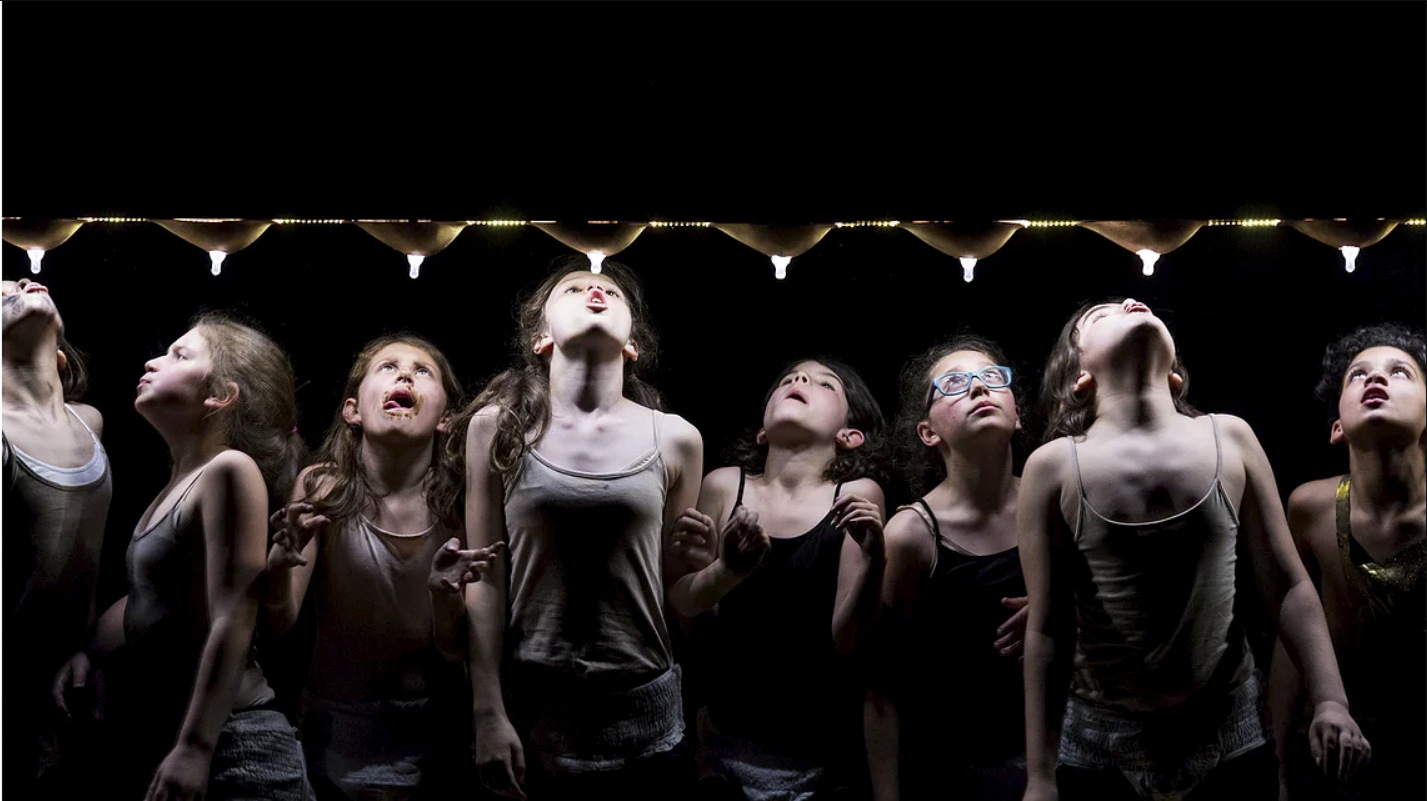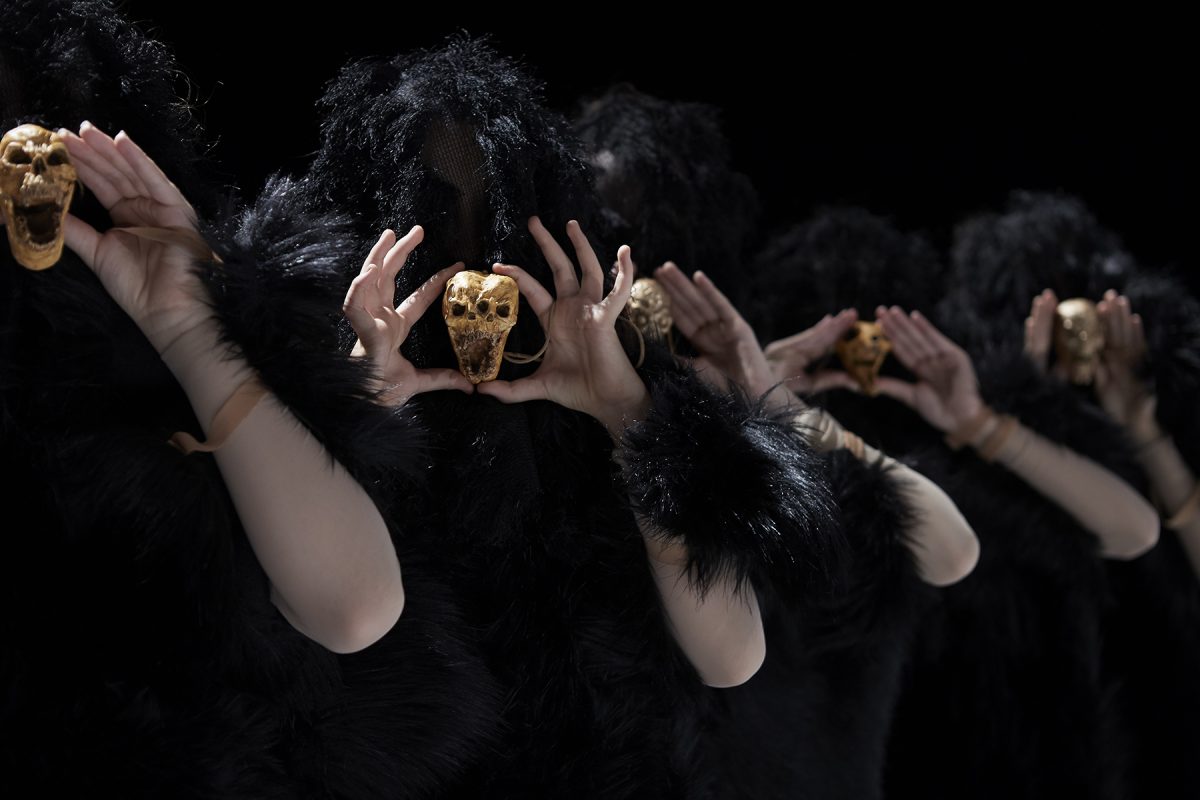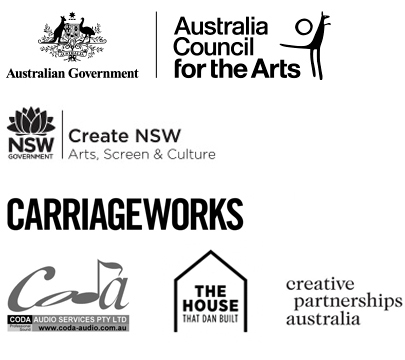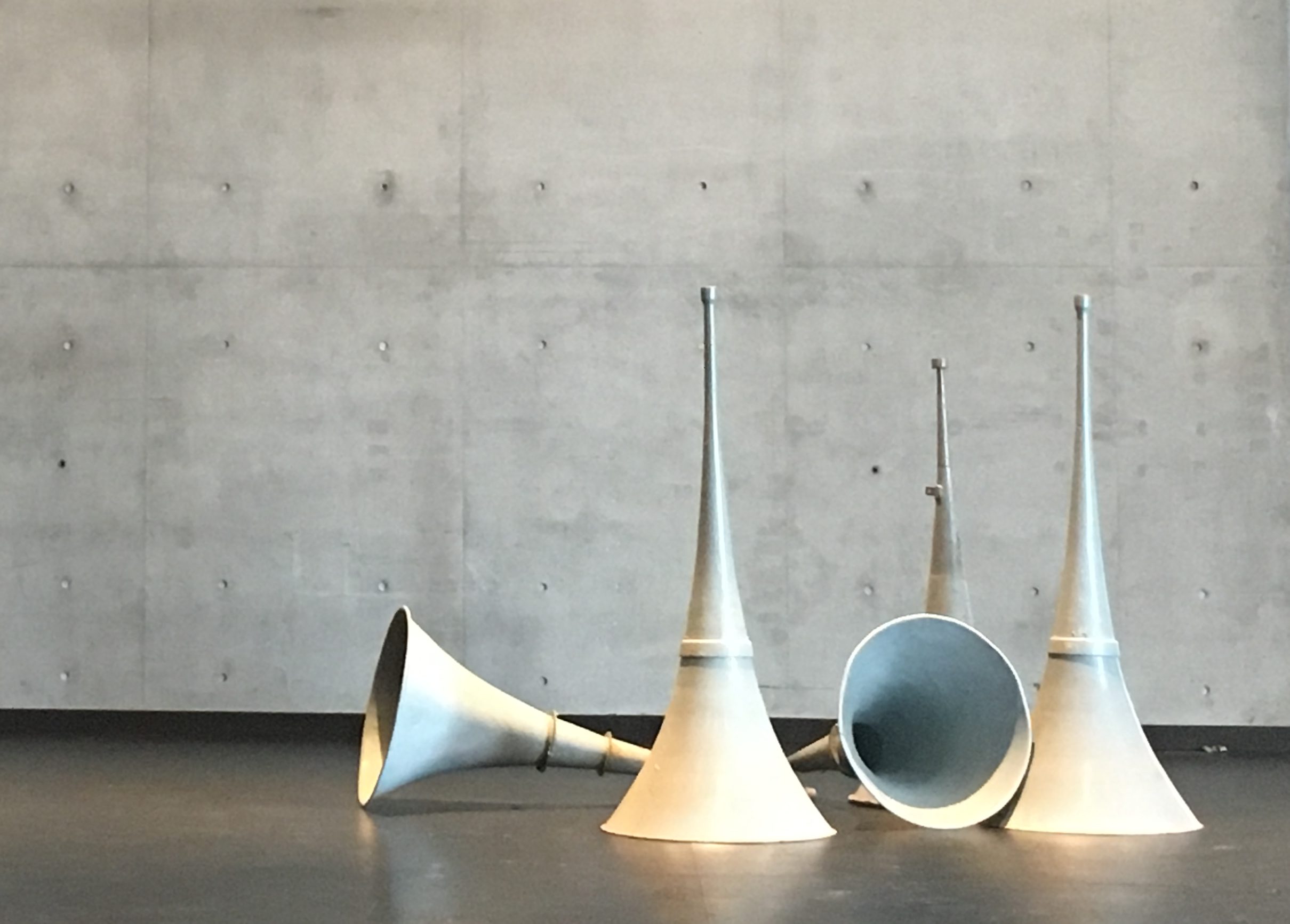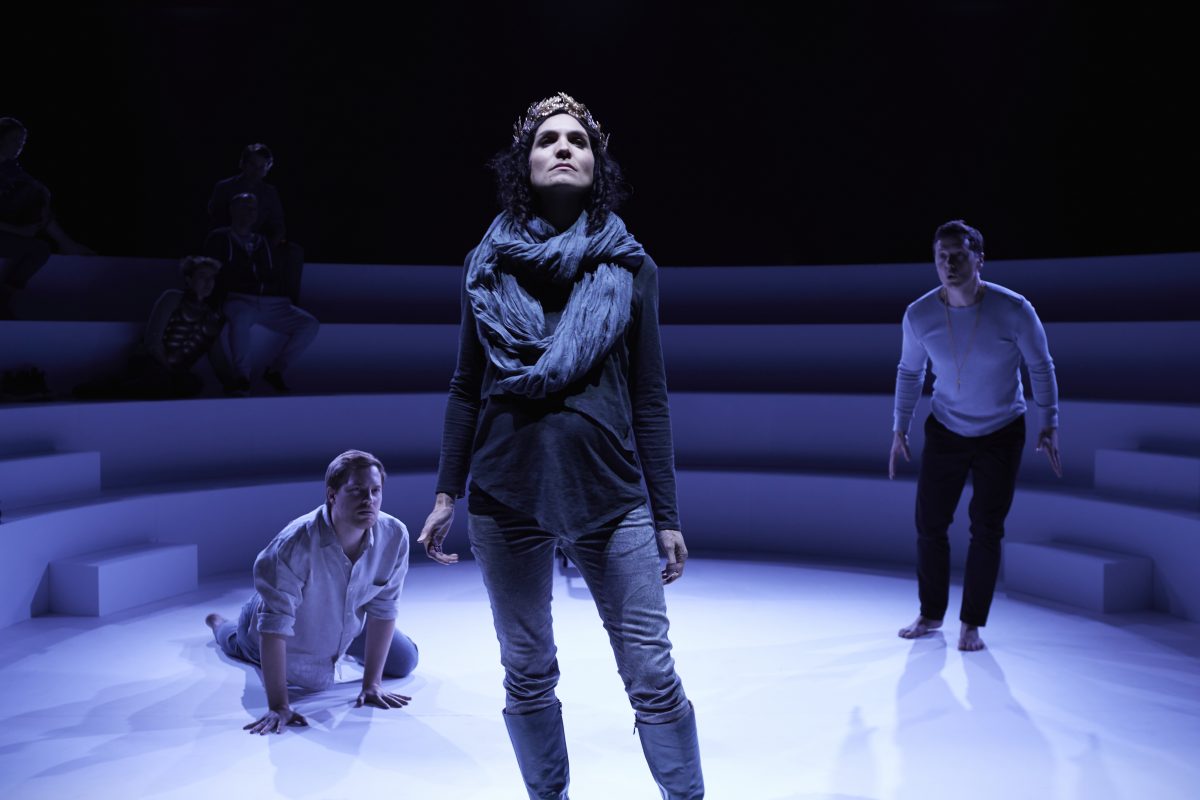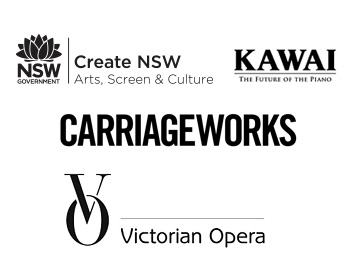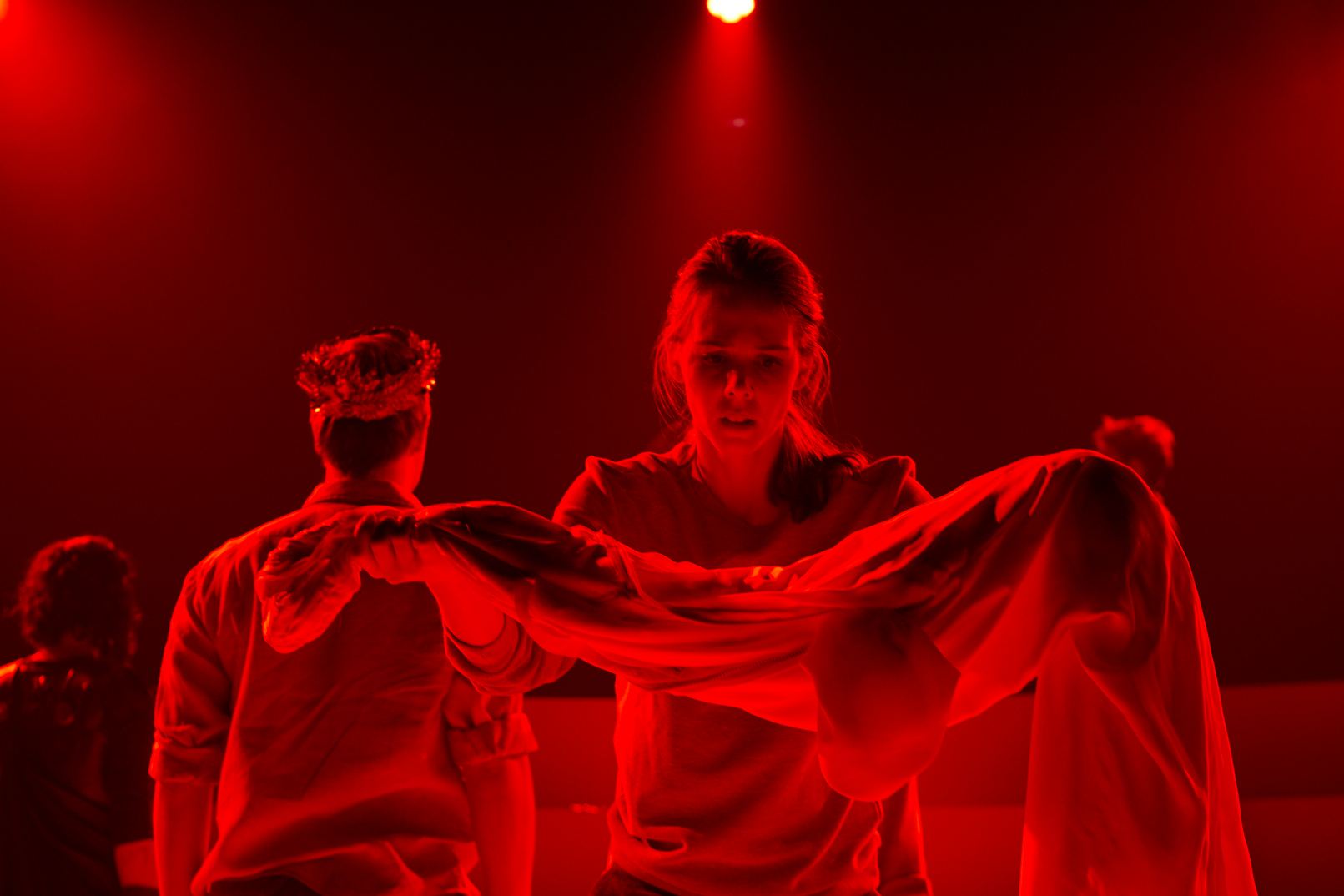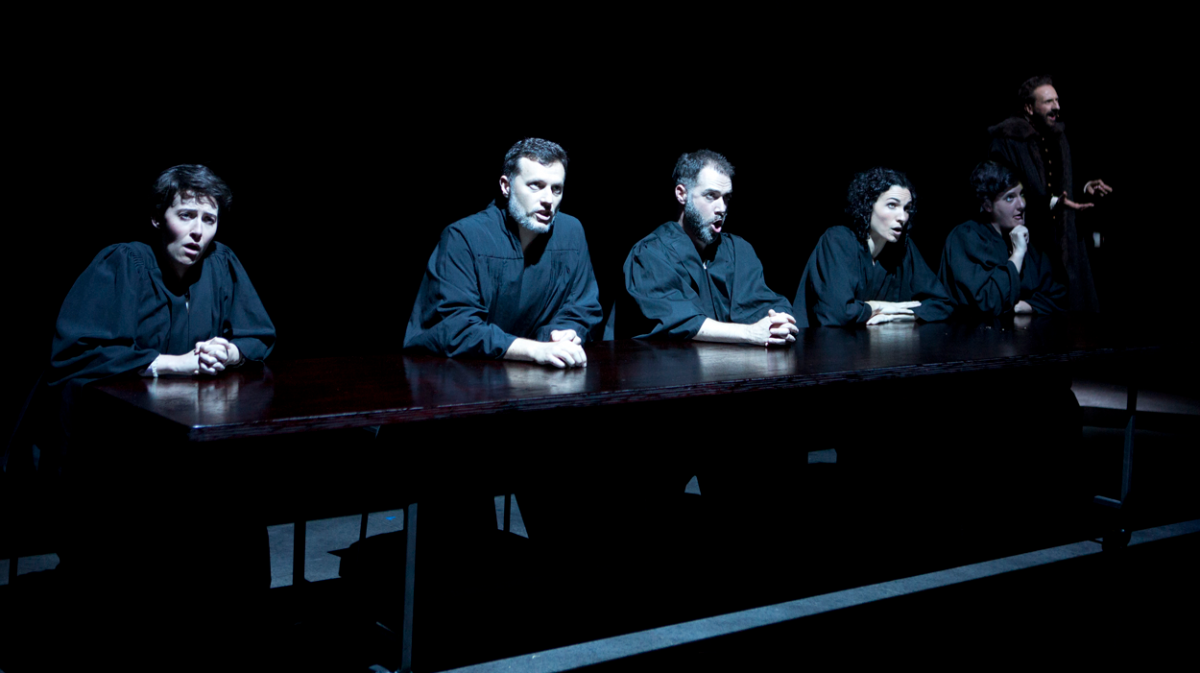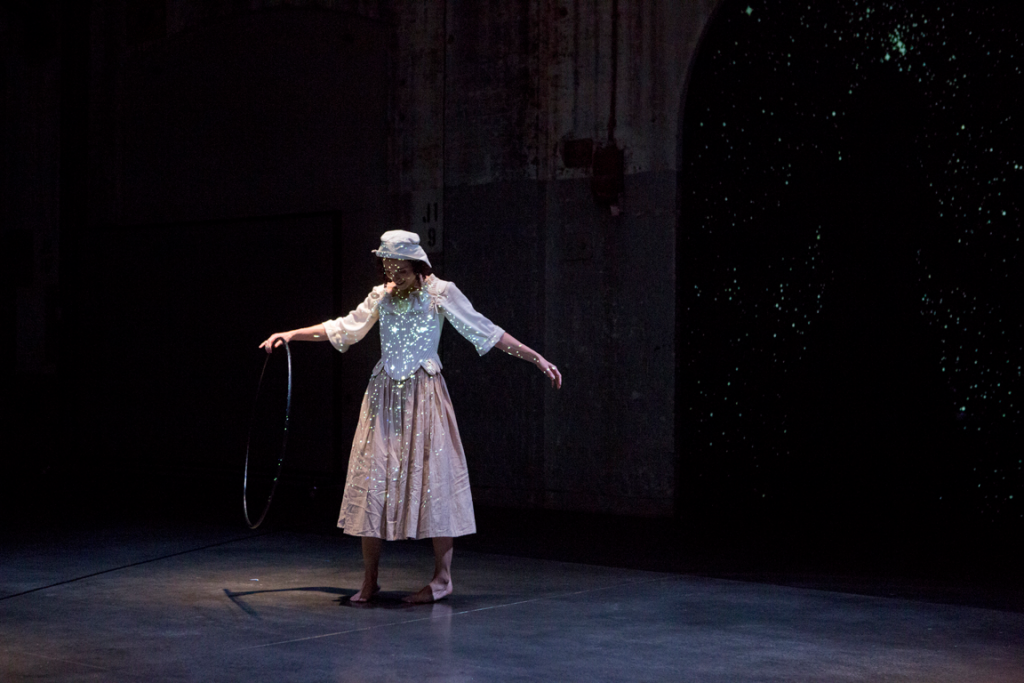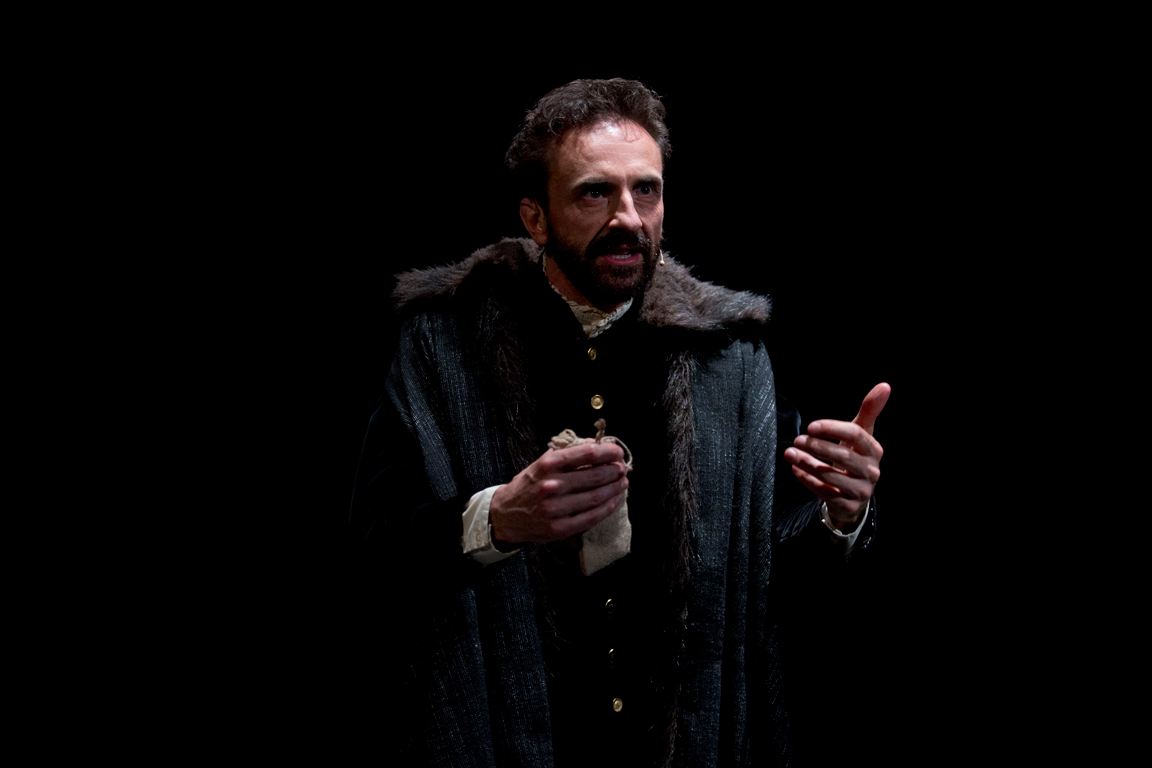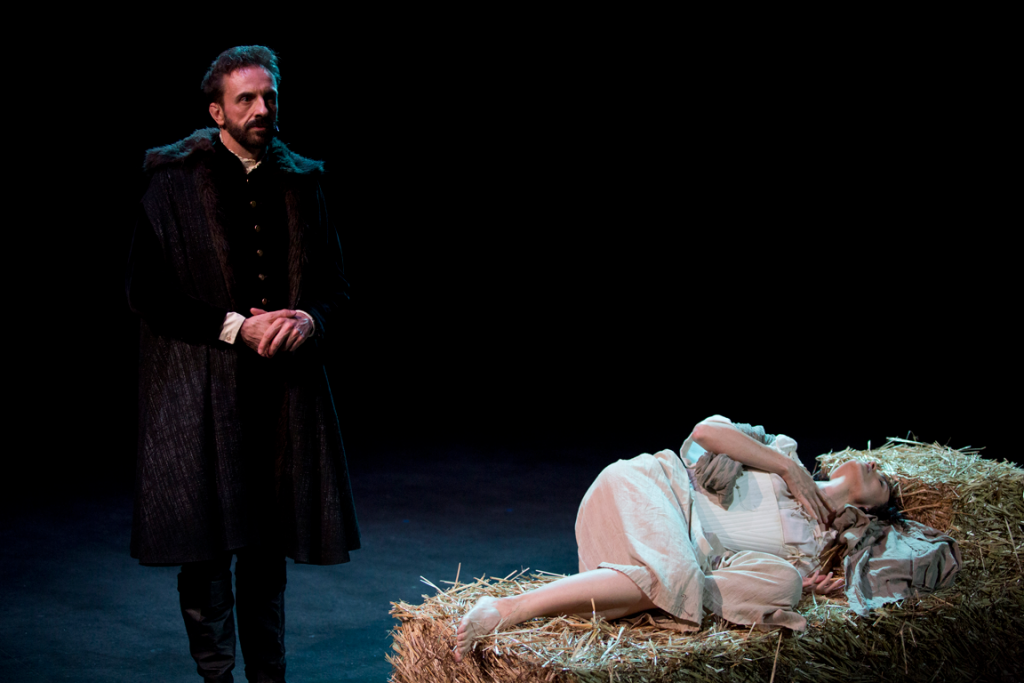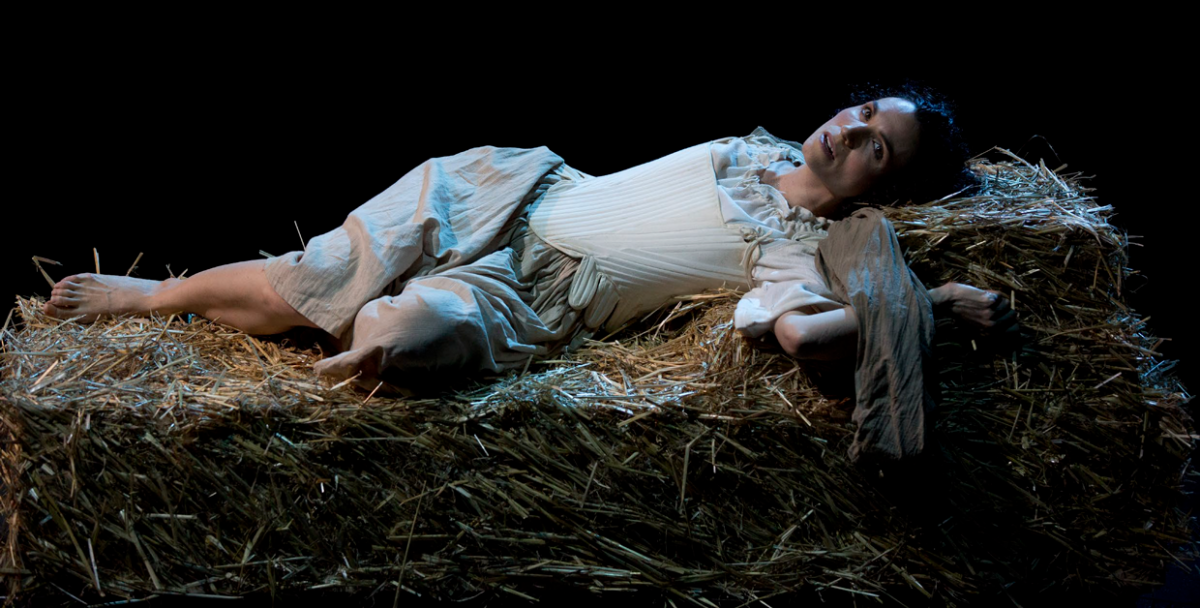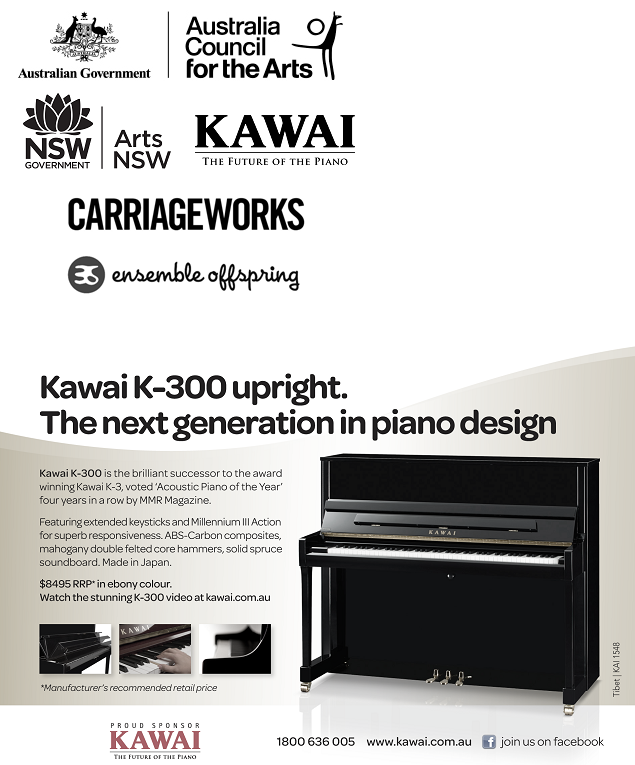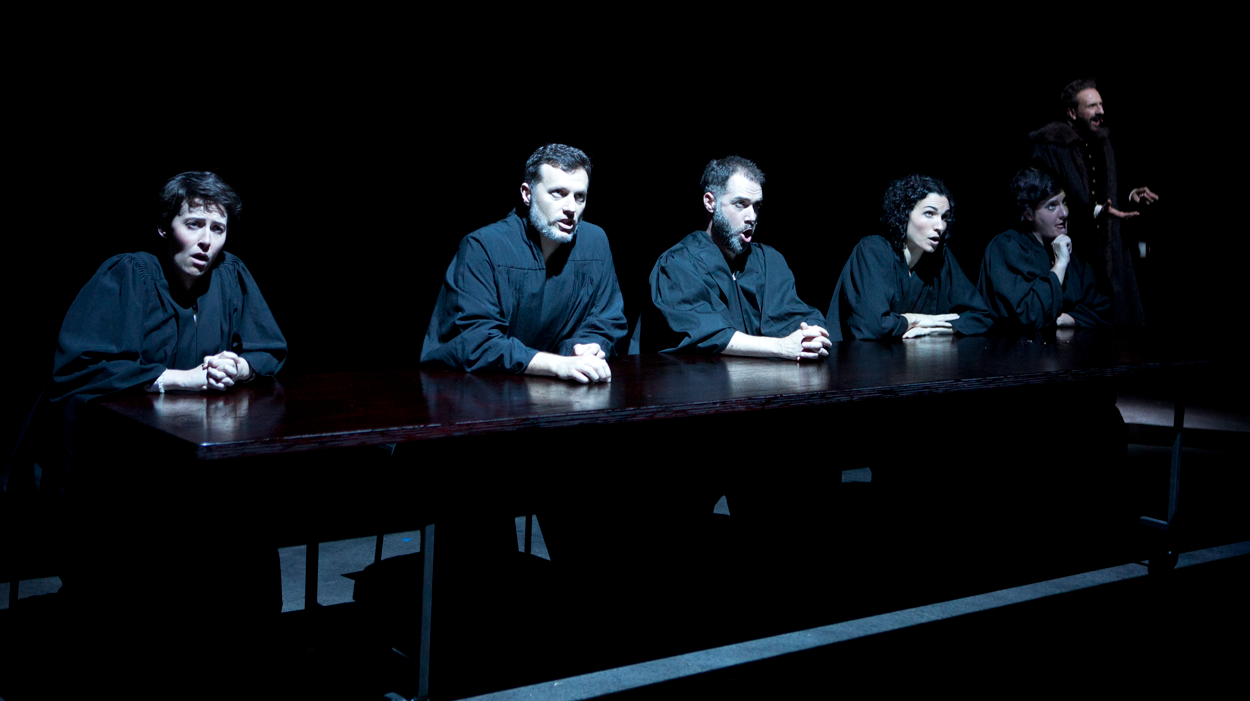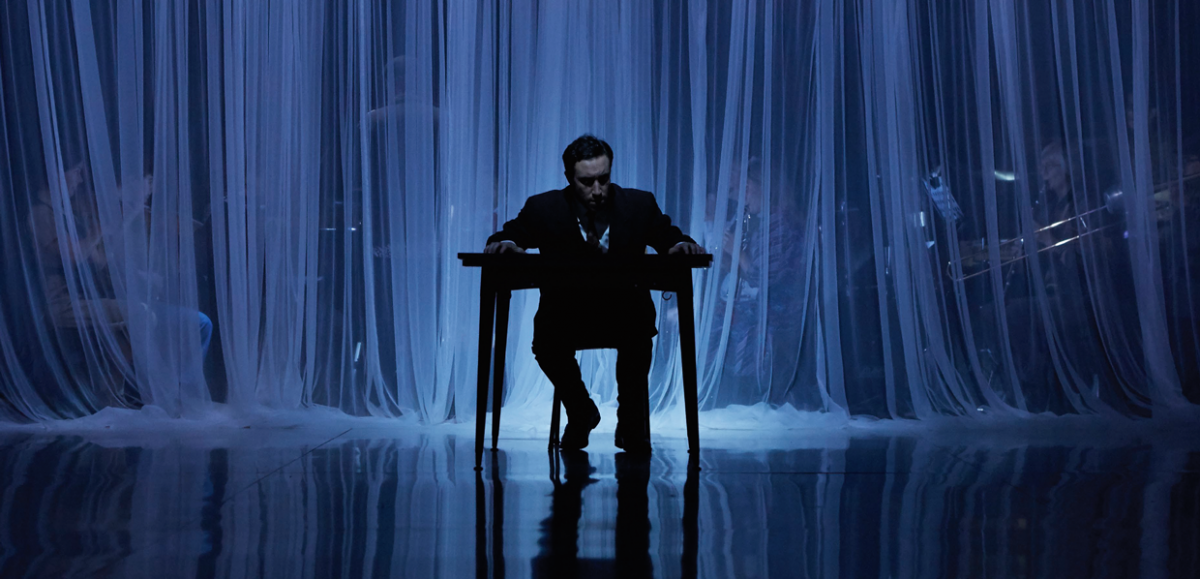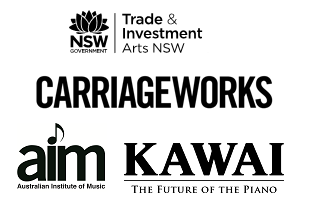The first thing Damien Ricketson does is shatter my notion of the composer as a driven scribbler cooped up in their ivory tower. ‘It hasn’t been one of those situations where I sit in my bedroom, concoct a score, then it gets handed to a director,’ the composer of The Howling Girls tells me. He sees the entire project as a co-creation between him and director Adena Jacobs, where the typical division of labour is blurred; she was on board from the beginning, and he’s still in the room playing a creative role as the project moves into staging rehearsals.
They were in sync from the beginning, he explains, with a shared interest building a opera that took on the human voice itself. He tells me they were interested in ‘what it means to have a voice: both literally as in the singing voice, and politically as in agency.’ Their early ideas shared this common thread, covering everything from Ophelia’s moment of drowning in Hamlet being exploded out into an ‘aquatic howl against her situation’ to the Slavic myth of Rusalka, familiar in pop culture from The Little Mermaid, ‘again about a girl having to sacrifice her voice in order to fulfil her desires.’
The work crystallised when both Damien and Adena read Susan Faludi’s book The Terror Dream: Fear and Fantasy in Post-9/11 America, which includes the infamous story of five girls presenting at hospitals in post-9/11 New York City unable to speak for no medical reason. ‘We’d both been reading this book through the Trump election campaign,’ Damien tells me. ‘It seemed a very terrifying end point for this book.’
Written in 2007, Faludi’s book seems to foreshadow the direction an anxious America and the West would take through to the present. ‘She [Faludi] tracks how female commentary just… shrinks in the years in the wake of the September 11 attacks, and how the mythology of this John Wayne type, cowboy-cum-fireman, your Strong-Jawed Man, is put back to the fore as the protector and the saviour.’ For Adena and Damien, it gave shape to their ideas and yoked them to a feminist political undercurrent. ‘It’s associated with this whole notion of having a voice, losing your voice, and trying to regain your voice.’
Damien goes out of his way to assure me that they’re not telling the story of these girls, or any story as you’d conventionally define it. ‘There’s no narrative, there’s no libretto, there’s no orchestra! A lot of the foundations of what you might call opera are not there.’
It’s easy to imagine this as difficult, cerebral art – the terror of every marketing department – but Damien is going for the opposite. ‘It’s an attempt to create a music that almost bypasses the brain and acts directly on the body. In terms of an audience experience, it’s… direct, visceral, primal.’ Not everyone has the cultural references to process the depths of some avant-garde performance, but everyone knows what it’s like to scream.
‘There’s a choking cadenza!’ He almost laughs at this sentence, previously unuttered in human history. He wants the audience to feel like they’re part of Jane Sheldon, the brave soprano who has trained in specific breathing techniques to handle the demands of this piece. ‘I turned to many non verbal vocalisations that you typically associate with high emotional arousal: howling, but also sobbing, moaning, crying…. Laughter’s one as well. That doesn’t make much of an appearance,’ he admits.
None of these are language, but they all communicate in the most expressive manner, which is something humans might have done long before the invention of words. Damien tells me about ‘vocal mobbing’, a theorised mode of pre-language. ‘People used to sing in this great, throbbing, almost cicada-like chanting as a means of creating a sonic shell around themselves,’ which might have warded off potential threats.
Communication without language is a paradox he’s excited to live inside, in a work full of paradoxes. ‘I’ve been working in this contradictory space of using a lot of involuntary sounds, but in a highly controlled, composed kind of way…. On one hand it’s very abstract, without narrative, but there is also a very literal directness about it.’
I ask him about another paradox: a composer who leaves gaps in their work. He’s always been interested in creating incomplete or open works, on the principle that it’s provocative to the imagination, both of his collaborators and his audiences.
‘The ruins of the ancient city, or a secret code… it’s exactly the missing knowledge that excites the brain to try to fill it in, to imagine it or discover it or unlock it.’ It’s sometimes a literal theme in his work, which has in the past evoked ancient or forgotten musical conditions.
It’s also a theme he explores formally, creating scores that are open to fluidity in their interpretation. He’s excited by the way this ‘elicits a necessary creative engagement from a performer, not just a technical engagement. Trying to facilitate someone else’s imagination. I love this situation where you bounce off one another, and the composer is not the isolated lone genius in their bedroom.’

